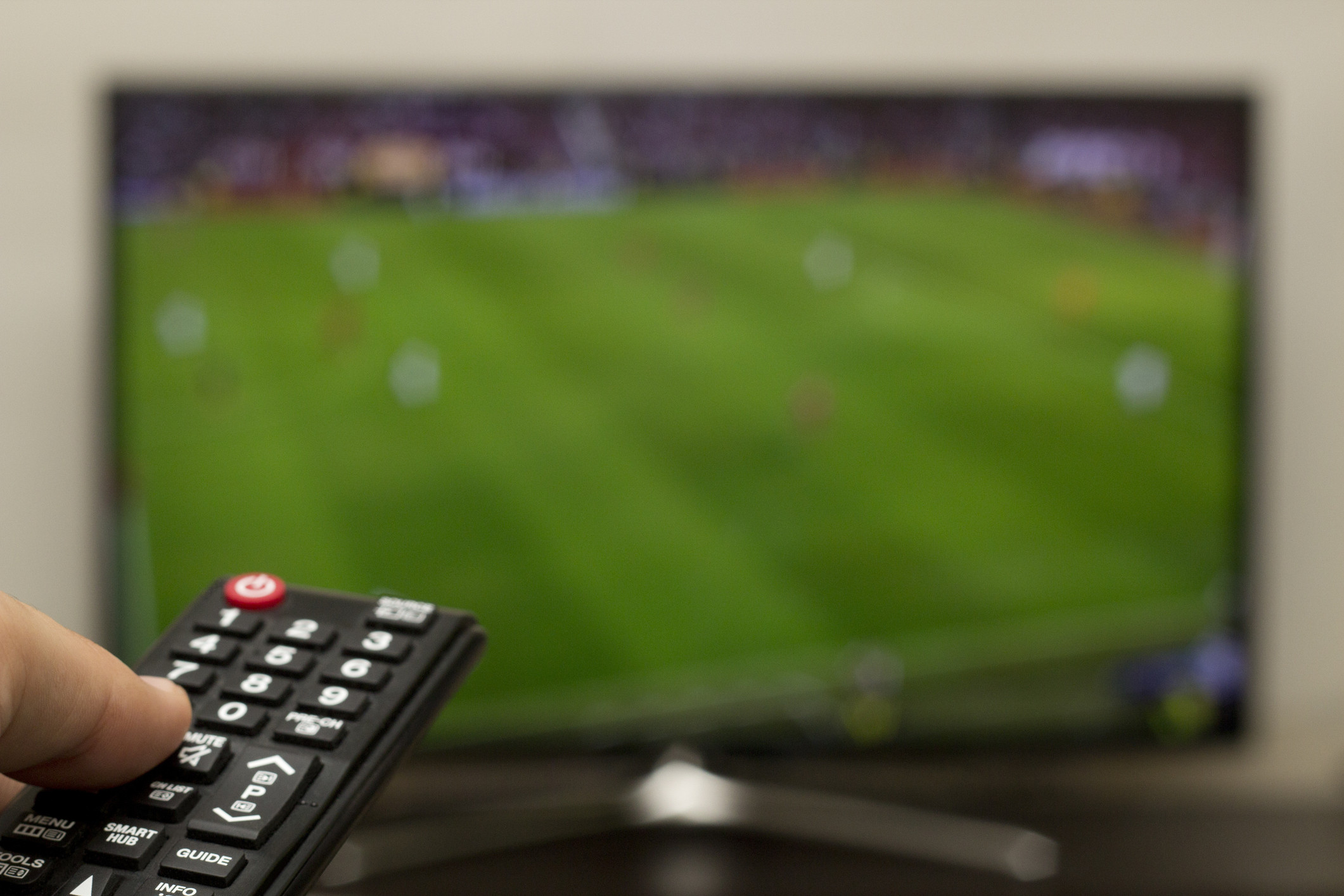
5 timeless habits for better health

What are the symptoms of prostate cancer?

Is your breakfast cereal healthy?

When pain signals an emergency: Symptoms you should never ignore

Does exercise give you energy?

Acupuncture for pain relief: How it works and what to expect

How to avoid jet lag: Tips for staying alert when you travel

Biofeedback therapy: How it works and how it can help relieve pain

Best vitamins and minerals for energy

Should you take probiotics with antibiotics?
Staying Healthy Archive
Articles
Trouble getting your medications? Here's how to cope with pharmacy challenges
Pharmacies across the United States are struggling with budget cuts and staffing shortages. As a result, customers are sometimes experiencing delays in getting their prescriptions filled. Until pharmacies resolve their challenges, customers might need to work a little harder to get their medications promptly. One strategy that can help is ordering prescription refills early. If customers continue to have frequent delays at their pharmacies, they might consider switching their prescriptions to another store.
Rinse, brush, floss, scrape, and repeat
Maintaining good dental health protects against not only gum disease but also helps ward off many other age-related diseases, such as cardiovascular disease, stroke, and dementia. The most common form of gum disease is gingivitis, which begins when bacteria buildup in the mouth causes plaque and tartar to form on teeth and can lead to tooth decay. Because regular dental care can be expensive, daily self-care is the best preventive medicine. A proper dental routine consists of five steps: rinsing, brushing, flossing, tongue scraping, and another rinse.
Beyond the usual suspects for healthy resolutions
By now many people have started working on –– or at least thinking about –– healthy changes they want to make in the new year. Here are 10 simple ways to move beyond typical resolutions about losing weight, eating better, and exercising more.
New guidelines aim to screen millions more for lung cancer
Lung cancer kills more Americans than any other cancer. The latest guidelines from the American Cancer Society aim to reduce deaths by considerably expanding the pool of people who seek annual, low-dose CT lung screening scans.
Icy fingers and toes: Poor circulation or Raynaud's phenomenon?
Some people have poor circulation, but if your fingers pale and go numb when exposed to quick changes in temperature, it could be Raynaud's phenomenon, a different kind of circulation problem. Generally, avoiding sudden exposure to cold and other factors that cause blood vessels to constrict, and being prepared with gloves and extra layers of clothing, helps.
Can watching sports be bad for your health?
Can watching sports –– not just the rough and tumble of playing them –– be harmful to your health? Whether you're at a live event or clicking through channels, it may be riskier than you think when weather, stress, and racing heart rates are factored in. Here's a game day plan that can help.
A fresh look at risks for developing young-onset dementia
Young-onset dementia, which occurs in people younger than age 65, is uncommon. A new study has identified 15 factors linked to a higher risk of young-onset dementia.

5 timeless habits for better health

What are the symptoms of prostate cancer?

Is your breakfast cereal healthy?

When pain signals an emergency: Symptoms you should never ignore

Does exercise give you energy?

Acupuncture for pain relief: How it works and what to expect

How to avoid jet lag: Tips for staying alert when you travel

Biofeedback therapy: How it works and how it can help relieve pain

Best vitamins and minerals for energy

Should you take probiotics with antibiotics?
Free Healthbeat Signup
Get the latest in health news delivered to your inbox!
Sign Up











